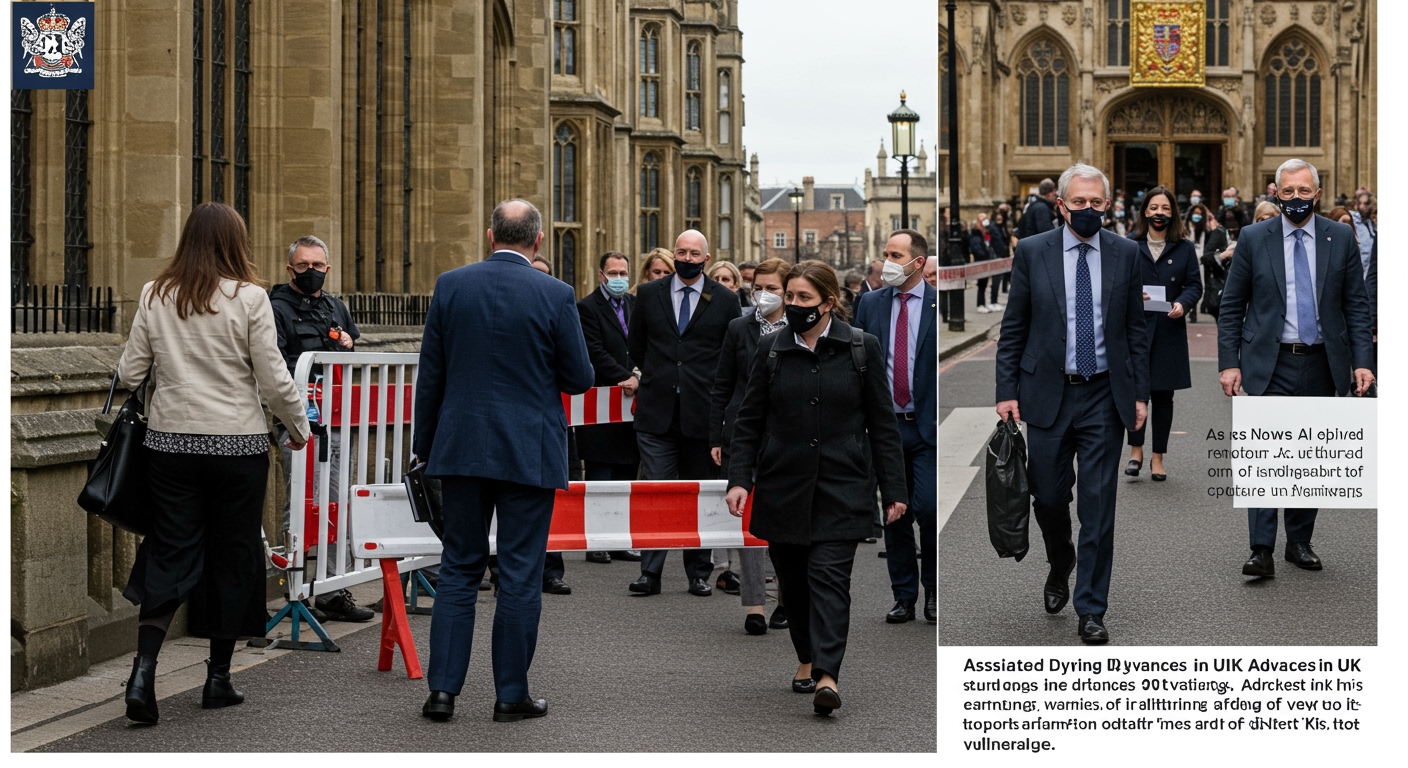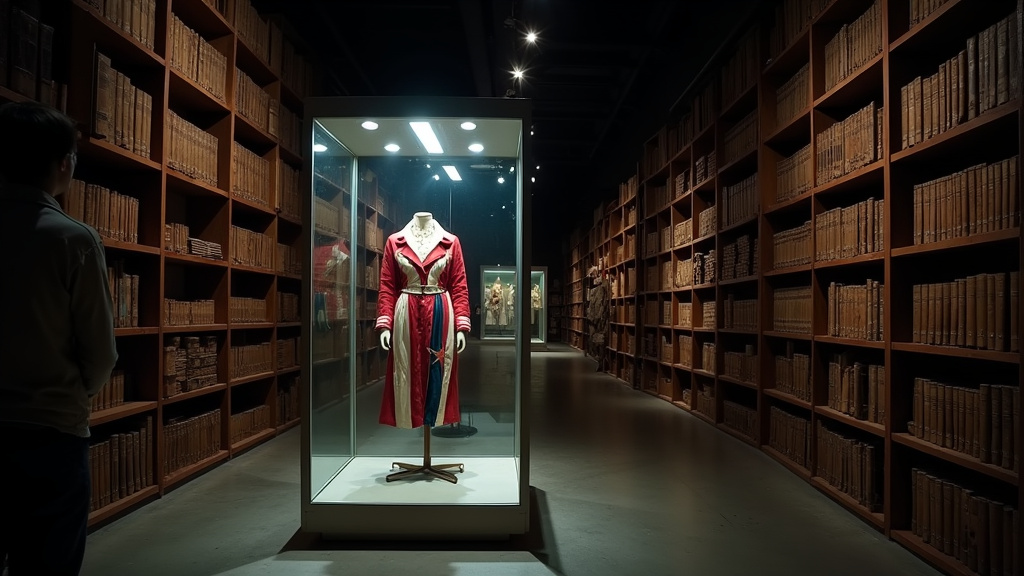UK Parliament Advances Assisted Dying Bill
The House of Commons on Friday afternoon advanced the controversial Terminally Ill Adults (End of Life) Bill, a legislative proposal seeking to alter the legal framework surrounding assisted dying in the United Kingdom. The vote signals a significant step forward for proponents of the measure, but it has simultaneously reignited intense debate and drawn sharp criticism from opponents, particularly faith leaders and patient advocacy groups.
Bishop of London Raises Grave Concerns
Following the parliamentary decision, the Bishop of London, the Rt Revd Sarah Mullally, issued a forceful statement expressing profound concern. Bishop Mullally, who holds the significant role of the lead bishop on health and social care within the Church of England, contended that Parliament’s vote to advance the assisted dying law change occurred “in the face of mounting evidence that it is unworkable and unsafe and poses a risk to the most vulnerable people in our society.”
Her statement underscores the deep ethical and practical reservations held by many opponents regarding the potential societal impact of such legislation. Bishop Mullally’s position highlights the perspective that, despite proponents’ intentions, the practical implementation of assisted dying could lead to unforeseen negative consequences, particularly for those least able to protect themselves.
Warnings of Unworkability and Unsafety
The Bishop’s assertion that the bill is “unworkable and unsafe” points to arguments frequently made by opponents of assisted dying legislation. These arguments often centre on the difficulty in establishing truly voluntary consent, the potential for subtle coercion, and the challenge of accurately diagnosing terminal illness within a fixed timeframe. Critics also raise concerns about the potential impact on palliative care services and the role of healthcare professionals.
By stating that Parliament acted “in the face of mounting evidence,” Bishop Mullally suggests that existing data and expert analysis indicate significant flaws and dangers associated with similar laws enacted elsewhere or inherent in the proposed structure of the Terminally Ill Adults (End of Life) Bill. This phrasing implies a deliberate decision by lawmakers to proceed despite warnings rooted in empirical or ethical concerns.
Protecting Society’s Most Vulnerable
A central tenet of Bishop Mullally’s opposition is the belief that the bill “poses a risk to the most vulnerable people in our society.” This group is typically understood to include individuals who may be elderly, disabled, suffering from mental health issues, or facing socioeconomic disadvantages. Opponents argue that these individuals could feel pressured, either directly or indirectly, to consider assisted dying due to factors such as loneliness, lack of access to adequate care, fear of being a burden, or insufficient support systems.
The concern is that, even with safeguards, a law permitting assisted dying could inadvertently create an environment where vulnerable individuals are subtly steered towards this option, rather than receiving the comprehensive care, support, and palliative interventions that could improve their quality of life and address their suffering.
Response from Dr. Lawson and Church Engagement
The Bishop’s strong stance was acknowledged by Dr. Lawson, who expressed gratitude for Bishop Mullally’s “clear opposition to the Bill.” This suggests a level of alignment and appreciation for the Bishop’s vocal advocacy against the proposed legislation from other individuals or groups opposed to the measure.
However, Dr. Lawson also conveyed disappointment regarding the limited presence of the Church of England at a demonstration held on Friday. This observation points to potential variations in the level of active public engagement among different segments within the Church on this issue. While the Church of England, through its lead bishop on health and social care, maintains a clear institutional position, the visibility and participation of its members and clergy in public demonstrations can vary.
The Path Forward for the Bill
The advancement of the Terminally Ill Adults (End of Life) Bill through the House of Commons marks a crucial stage in its legislative journey. The bill will now proceed to further scrutiny and debate, where the concerns raised by opponents, including Bishop Mullally, are expected to be central to discussions. The legislative process will involve detailed examination of the bill’s clauses, potential amendments, and votes in subsequent stages before it can potentially become law.
The debate surrounding assisted dying is one of the most ethically complex and socially significant facing policymakers. The vote on Friday afternoon underscores the ongoing tension between arguments based on individual autonomy and compassion for those facing terminal illness, and concerns about potential risks to vulnerable populations and the fundamental value of life. As the Terminally Ill Adults (End of Life) Bill progresses, these divergent perspectives will continue to be debated fiercely within Parliament and across wider society.





